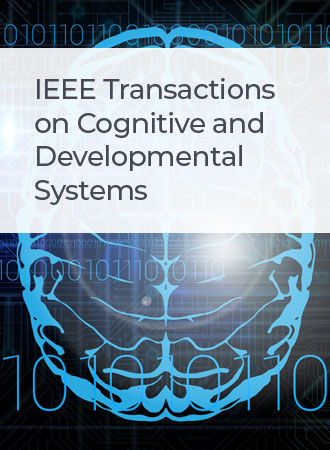SMART:使用变压器进行角色分配的顺序多智能体强化学习
IF 4.9
3区 计算机科学
Q1 COMPUTER SCIENCE, ARTIFICIAL INTELLIGENCE
IEEE Transactions on Cognitive and Developmental Systems
Pub Date : 2024-11-29
DOI:10.1109/TCDS.2024.3504256
引用次数: 0
摘要
多智能体强化学习(MARL)越来越受到人们的关注,并被用于解决多智能体协作决策和学习控制任务。然而,联合动作空间的高度复杂性和非平稳学习过程是影响MARL的采样效率和求解质量的两个主要问题。为此,本文提出了一种新的方法,即使用变压器进行角色分配的顺序MARL (SMART)。SMART通过学习不同动作对状态转移和奖励的影响,实现了原始动作空间的动作抽象和多智能体的自适应角色认知建模,降低了多智能体探索和学习过程的复杂性。同时,SMART利用因果变压器网络依次更新角色分配策略和动作选择策略,减轻了非平稳多智能体策略学习的影响。从理论上分析了SMART的收敛特性。在谷歌足球挑战赛和星际争霸多智能体挑战赛中进行了大量的实验,结果表明,与MAT和HAPPO等主流MARL算法相比,SMART达到了新的最先进的性能。同时,通过SMART学习到的策略在智能体数量变化时具有良好的泛化能力。本文章由计算机程序翻译,如有差异,请以英文原文为准。
SMART: Sequential Multiagent Reinforcement Learning With Role Assignment Using Transformer
Multiagent reinforcement learning (MARL) has received increasing attention and been used to solve cooperative multiagent decision-making and learning control tasks. However, the high complexity of the joint action space and the nonstationary learning process are two major problems that negatively impact on the sample efficiency and solution quality of MARL. To this end, this article proposes a novel approach named sequential MARL with role assignment using transformer (SMART). By learning the effects of different actions on state transitions and rewards, SMART realizes the action abstraction of the original action space and the adaptive role cognitive modeling of multiagent, which reduces the complexity of the multiagent exploration and learning process. Meanwhile, SMART uses causal transformer networks to update role assignment policy and action selection policy sequentially, alleviating the influence of nonstationary multiagent policy learning. The convergence characteristic of SMART is theoretically analyzed. Extensive experiments on the challenging Google football and StarCraft multiagent challenge are conducted, demonstrating that compared with mainstream MARL algorithms such as MAT and HAPPO, SMART achieves a new state-of-the-art performance. Meanwhile, the learned policies through SMART have good generalization ability when the number of agents changes.
求助全文
通过发布文献求助,成功后即可免费获取论文全文。
去求助
来源期刊

IEEE Transactions on Cognitive and Developmental Systems
Computer Science-Software
CiteScore
7.20
自引率
10.00%
发文量
170
期刊介绍:
The IEEE Transactions on Cognitive and Developmental Systems (TCDS) focuses on advances in the study of development and cognition in natural (humans, animals) and artificial (robots, agents) systems. It welcomes contributions from multiple related disciplines including cognitive systems, cognitive robotics, developmental and epigenetic robotics, autonomous and evolutionary robotics, social structures, multi-agent and artificial life systems, computational neuroscience, and developmental psychology. Articles on theoretical, computational, application-oriented, and experimental studies as well as reviews in these areas are considered.
 求助内容:
求助内容: 应助结果提醒方式:
应助结果提醒方式:


